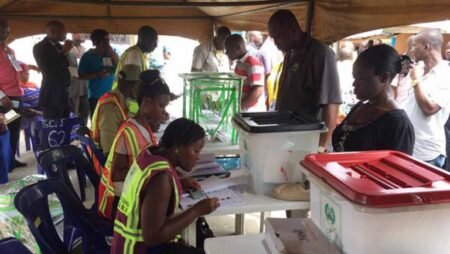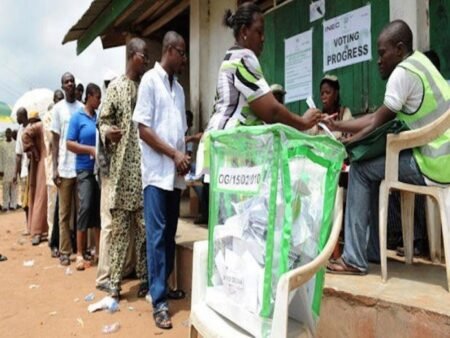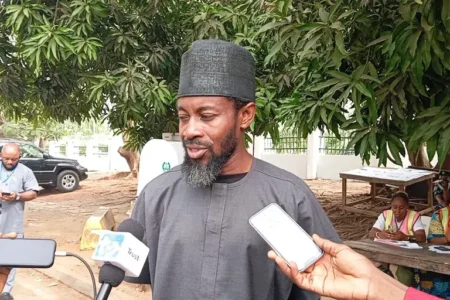The federal government has stated that it is interested in transferring the majority of Nigeria’s energy consumers to Band A, where they will receive at least 20 hours of electricity every day.
On Wednesday, the Transmission Company of Nigeria declared a key milestone in the country’s electricity industry, announcing that Nigeria has reached a new high power generation of 5,543.20 megawatts.
This historic occurrence occurred on Friday, February 14, 2025, at exactly 11:00 PM, breaking the previous record of 5,478.73 MW set just a day earlier, on Thursday, February 13, 2025.
The company’s management announced this milestone in a statement on Wednesday.
The statement read, “The Transmission Company of Nigeria is pleased to announce that the Nigerian Power Sector achieved a new peak generation of 5,543.20 MW for the year 2025 on Friday, February 14, 2025, at 11:00 pm. This surpasses the previous peak of 5,478.73 MW recorded on Thursday, February 13, 2025.”
In addition to the additional peak generation, TCN emphasized an important breakthrough in energy distribution.
It also stated that the maximum daily energy for the day hit an incredible 125,159.48 MWH, beating the previous record of 121,674.88 MWH, achieved on February 7, 2025, by an amazing margin of 3,484.60 MWH.
The company stated that it successfully sent this new peak generation and maximum daily energy to Nigeria’s distribution companies, guaranteeing that electricity is distributed efficiently to consumers throughout the country.
This came as the Special Adviser to President Bola Tinubu on Energy, Olu Verheijen, stated during an interview with Arise News on Wednesday that the government is interested in moving most electricity consumers in Nigeria to Band A.
Verheijen mentioned that the plan is to energize the country, giving electricity to the underserved and unserved communities.
According to her, the federal government is planning to ensure that all customers are metered to know their consumption and improve cash flow to drive investments.
“So, whether you’re a business, if you’re in an industrial cluster, you should see improved distribution capacity, improved reliability, and improved access. And that the Discos now have the capital and the cash flow to deploy more investment and infrastructure. So you should feel the difference in terms of service levels.
“The goal is that most customers in Nigeria become Band A customers; that is, they get over 20 hours of service. So you should be able to see that from these interventions,“ she stated.
She emphasized that the current reforms are to make the sector more viable, favoring both the distribution companies and their customers.
Verheijen noted that about 60 to 70 percent of Nigeria’s gas goes to one sector, the power sector.
However, she said the gas companies have not been able to recover their funds from the power generation companies due to illiquidity in the power sector, saying, “We need to diversify the uses of our gas. But you can’t diversify if the cash flows don’t work.”









